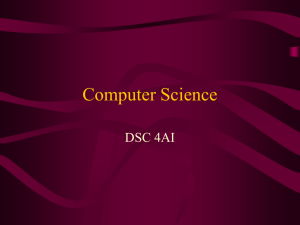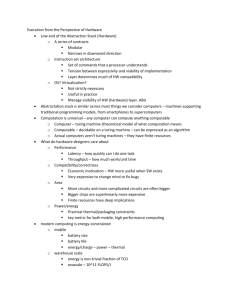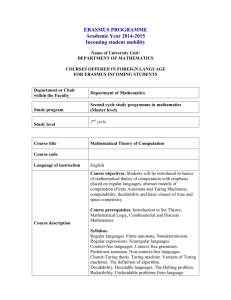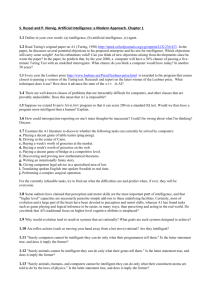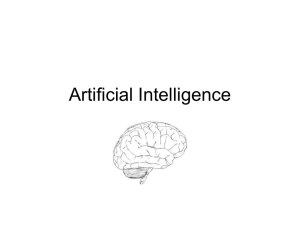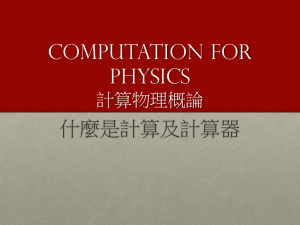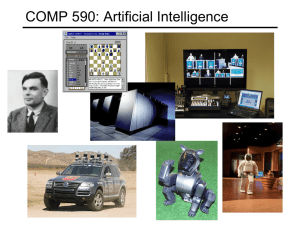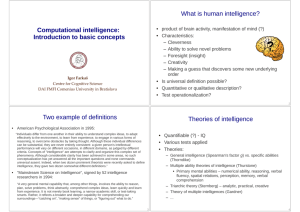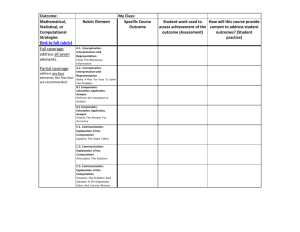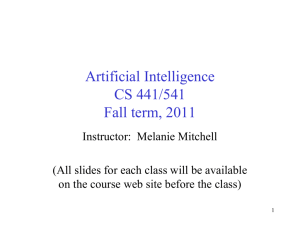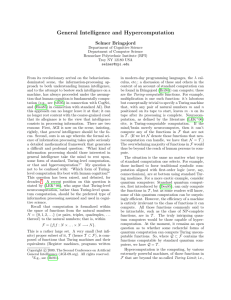MyBooksContents
advertisement
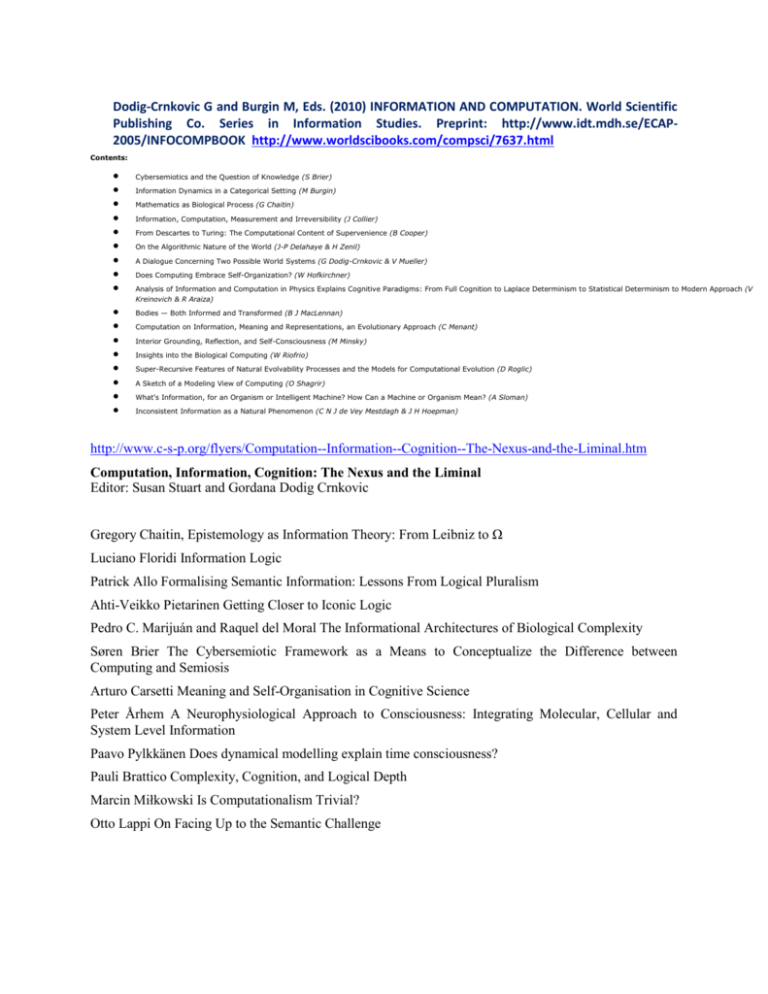
Dodig-Crnkovic G and Burgin M, Eds. (2010) INFORMATION AND COMPUTATION. World Scientific Publishing Co. Series in Information Studies. Preprint: http://www.idt.mdh.se/ECAP2005/INFOCOMPBOOK http://www.worldscibooks.com/compsci/7637.html Contents: Cybersemiotics and the Question of Knowledge (S Brier) Information Dynamics in a Categorical Setting (M Burgin) Mathematics as Biological Process (G Chaitin) Information, Computation, Measurement and Irreversibility (J Collier) From Descartes to Turing: The Computational Content of Supervenience (B Cooper) On the Algorithmic Nature of the World (J-P Delahaye & H Zenil) A Dialogue Concerning Two Possible World Systems (G Dodig-Crnkovic & V Mueller) Does Computing Embrace Self-Organization? (W Hofkirchner) Analysis of Information and Computation in Physics Explains Cognitive Paradigms: From Full Cognition to Laplace Determinism to Statistical Determinism to Modern Approach (V Kreinovich & R Araiza) Bodies — Both Informed and Transformed (B J MacLennan) Computation on Information, Meaning and Representations, an Evolutionary Approach (C Menant) Interior Grounding, Reflection, and Self-Consciousness (M Minsky) Insights into the Biological Computing (W Riofrio) Super-Recursive Features of Natural Evolvability Processes and the Models for Computational Evolution (D Roglic) A Sketch of a Modeling View of Computing (O Shagrir) What's Information, for an Organism or Intelligent Machine? How Can a Machine or Organism Mean? (A Sloman) Inconsistent Information as a Natural Phenomenon (C N J de Vey Mestdagh & J H Hoepman) http://www.c-s-p.org/flyers/Computation--Information--Cognition--The-Nexus-and-the-Liminal.htm Computation, Information, Cognition: The Nexus and the Liminal Editor: Susan Stuart and Gordana Dodig Crnkovic Gregory Chaitin, Epistemology as Information Theory: From Leibniz to Ω Luciano Floridi Information Logic Patrick Allo Formalising Semantic Information: Lessons From Logical Pluralism Ahti-Veikko Pietarinen Getting Closer to Iconic Logic Pedro C. Marijuán and Raquel del Moral The Informational Architectures of Biological Complexity Søren Brier The Cybersemiotic Framework as a Means to Conceptualize the Difference between Computing and Semiosis Arturo Carsetti Meaning and Self-Organisation in Cognitive Science Peter Århem A Neurophysiological Approach to Consciousness: Integrating Molecular, Cellular and System Level Information Paavo Pylkkänen Does dynamical modelling explain time consciousness? Pauli Brattico Complexity, Cognition, and Logical Depth Marcin Miłkowski Is Computationalism Trivial? Otto Lappi On Facing Up to the Semantic Challenge tripleC Vol 4, No 2 (2006) Special Issue: Selected Papers From ECAP 2005 - European Computing and Philosophy Conference 2005 Table of Contents Editorial Special Issue ECAP 2005 Editorial PDF Gordana Dodig-Crnkovic, Susan Stuart i-ii Articles Inference Rules, Emergent Wholes and Supervenient Abstract PDF Ingvar Johansson 127-135 Some Assumptions about Problem Solving Representation in Turing’s Model of Intelligence Abstract PDF Raymundo Morado, Francisco Hernández-Quiroz 136-142 The Genesis of Representation Abstract PDF W. A. Cameron 143-146 The April Fool Turing Test Abstract PDF Mark S. Dougherty, Sofi Hemgren Dougherty, Jerker Westin 147-166 Approaching Artificial Intelligence for Games – the Turing Test revisited Abstract PDF Jenny Eriksson Lundström, Stefan Karlsson 167-171 Available information — preparatory note for a theory of information space Abstract PDF Lars-Erik Janlert 172-177 Memory versus logic: two models of organizing information and their influences on web retrieval strategies Abstract PDF Teresa Numerico 178-186 Commonsense Spatial Reasoning: an Informational Perspective Abstract PDF Stefania Bandini, Gianluca Colombo, Alessandro Mosca, Matteo Palmonari 187-194 Machinery, Intelligence and Our Intentionality. Grounds for Establishing Paradoxical Discourses Abstract PDF Colin T. A. Schmidt 195-201 The Cognitive Management of E-Testimony Abstract PDF Saul Traiger 202-208 Choosing between different AI approaches? The scientific benefits of the confrontation, and the new collaborative era between humans and machines Abstract PDF Jordi Vallverdú 209-216 Error-correcting codes and genetics Abstract PDF Gérard Battail 217-229 The Internet as a Moral Mediator. The Quest for Democracy Abstract PDF Emanuele Bardone, Lorenzo Magnani 230-238 Autonomy and Morality in DRM and Anti-Circumvention Law Abstract PDF Dan L. Burk, Tarleton Gillespie 239-245 Expected Influence of Ethics on Product Development Process Abstract PDF Stig Larsson 246-253 Artificial Intelligence and Moral intelligence Abstract PDF Laura Pana 254-264 Information Structure Representation And Extraction From A Corpus Of Patient Data, Using An Ontology Abstract PDF Christian Cote 265-276 Symbolic Machine Learning: A Different Answer to the Problem of the Acquisition of Lexical Knowledge from Corpora Abstract PDF Pascale Sébillot 277-283 A.L.I.C.E.: an ACE in Digitaland Abstract PDF Huma Shah 284-292 Interpretations of Ontologies for Breast Cancer Abstract PDF Srinandan Dasmahapatra, Kieron O’Hara 293-303 Overcoming the socio-technical divide: A long-term source of hope in feminist studies of computer science Abstract PDF Corinna Bath 304-315 What does it mean to Know Computer Science? Perspectives from Gender Research Abstract PDF Christina Björkman, Lena Trojer 316-327 Testing Reasoning Software. A Bayesian Way Abstract PDF Bertil Rolf 328-332
